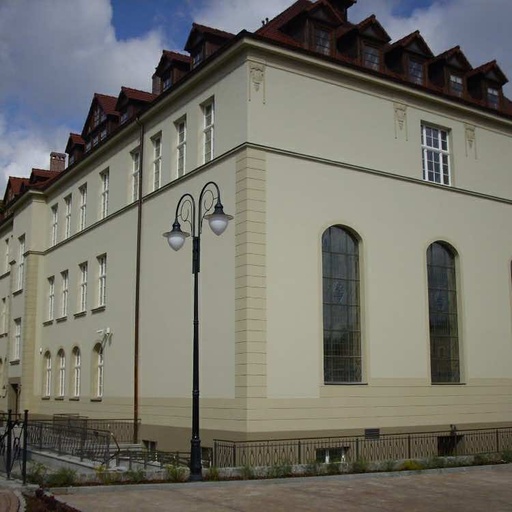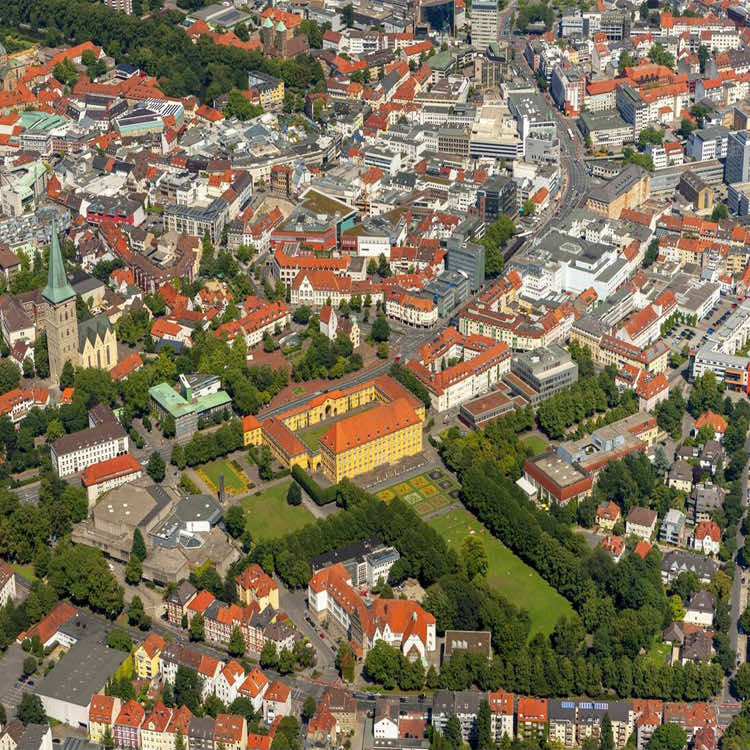All Production Engineering
Making one of something is easy, assuming that you’re allowed to tinker with it until it works. It’s much harder to produce ten thousand of the same gadget, to the exact same specifications, while ensuring that only a small proportion fail to function correctly.Production engineering is the place where industrial engineering and managerial science meet. In a typical factory (simplifying things a bit):An industrial/product engineer will optimize a prototype for manufacture. A manufacturing engineer will design the production process, perhaps an assembly line.A general manager will be responsible for the business as a whole: human resources, marketing, etc.Production engineers will concern themselves with actually running the production line: meeting productivity targets, managing inventory, quality control, and dealing with problems as they arise.The terminology can become a little confusing and, in fact, the roles of industrial, manufacturing, and production engineers are often conflated. You can also say that production engineering is a subset of manufacturing engineering. This being the case, production engineering is usually offered as a master’s degree, though some European universities give you the option of choosing it as an undergraduate major.The topics covered, at either level, are similar to what you’ll find in any engineering syllabus. A lot of emphasis is placed on subjects that are particularly useful to production engineers, though. These include quality engineering, control systems, engineering mechanics, manufacturing processes and manufacturing system design, general management, and materials science.






